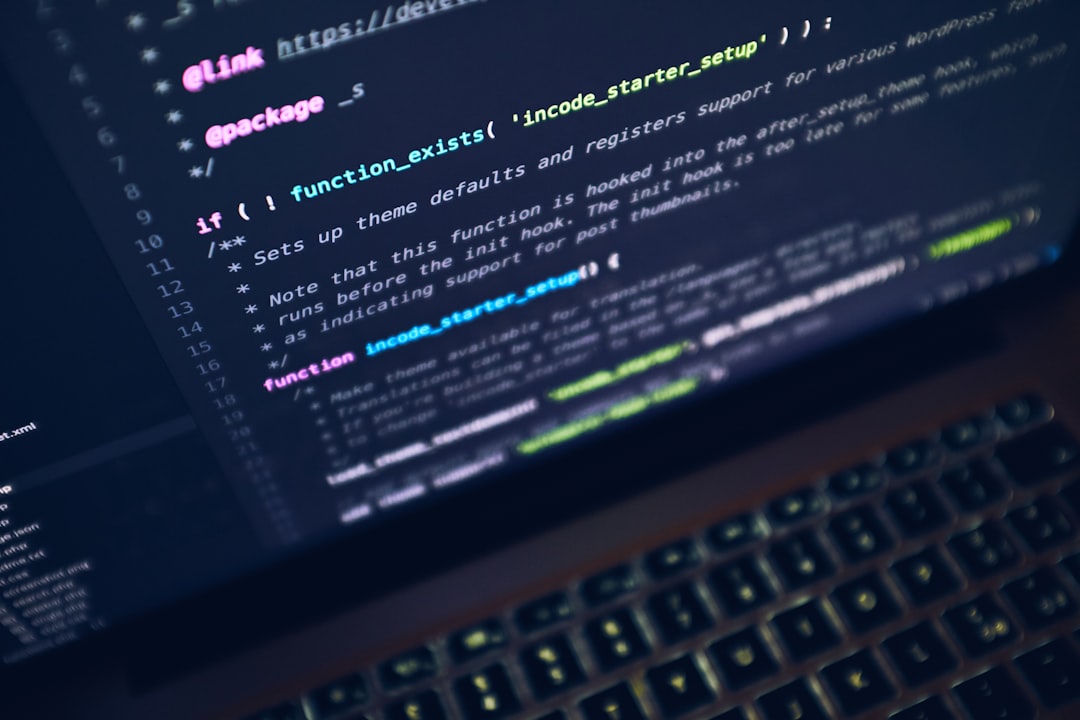
Futuristic Breakthroughs: How Emerging Tech Trends are Revolutionizing Industries
In the rapidly evolving landscape of technology, emerging trends are not just influencing industries; they are fundamentally revolutionizing them. From artificial intelligence (AI) to blockchain, the convergence of these technologies is creating unprecedented opportunities and challenges. This article explores how current developments in technology are reshaping industries and driving innovation.
The Rise of Artificial Intelligence
Artificial intelligence has emerged as a cornerstone of technological advancement. With its ability to analyze vast datasets and learn from them, AI is transforming sectors such as healthcare, finance, and retail.
Case Study: AI in Healthcare
In the healthcare sector, AI algorithms are being used to analyze medical images with accuracy that often surpasses human experts. For instance, companies like Zebra Medical Vision are leveraging AI to detect conditions like pneumonia and skin cancer from X-rays and images, respectively. This not only speeds up diagnosis but also enhances treatment outcomes.
Transforming Financial Services
AI is also making waves in the financial industry. Algorithms are used for risk assessment, fraud detection, and personalized banking services. Companies like ZestFinance utilize machine learning to provide credit scores that better reflect an individual’s creditworthiness, thus enabling more people to access financial services.
Blockchain Technology: Beyond Cryptocurrency
Blockchain technology is often associated with cryptocurrencies, but its potential extends far beyond. The ability to create immutable and transparent records is revolutionizing industries like supply chain management and real estate.
Supply Chain Transparency
In supply chain management, companies like IBM are utilizing blockchain to enhance transparency and traceability. By tracking products from their origin to the consumer, businesses can ensure quality and accountability. This is particularly crucial in industries such as food and pharmaceuticals, where safety is paramount.
Real Estate Transactions
Blockchain is also streamlining real estate transactions. By enabling smart contracts, the need for intermediaries is reduced, which saves time and costs. Platforms like Propy are facilitating international real estate transactions using blockchain technology, making buying and selling properties more efficient.
The Internet of Things (IoT): Connecting Everything
The Internet of Things (IoT) is another significant trend that is reshaping industries. By connecting devices and enabling data exchange, IoT is optimizing operations and enhancing customer experiences.
Smart Cities and Infrastructure
Cities are leveraging IoT to become smarter. For example, smart traffic management systems use IoT sensors to monitor traffic patterns in real-time, reducing congestion and improving air quality. In addition, smart grids are optimizing energy consumption, which contributes to sustainability efforts.
IoT in Manufacturing
In manufacturing, IoT devices are enhancing the efficiency of production lines. Companies like GE are using IoT sensors to monitor machinery and predict maintenance needs, thus minimizing downtime and reducing costs.
Augmented Reality (AR) and Virtual Reality (VR): New Dimensions of Interaction
Augmented reality and virtual reality are changing the way consumers interact with products and services. These technologies are being adopted in various sectors, including retail, education, and entertainment.
Retail Revolution
In retail, AR applications allow customers to visualize products in their own space before making a purchase. For instance, IKEA’s app enables users to place virtual furniture in their homes, helping them make more informed decisions.
Education and Training
In education, VR is being used to create immersive learning experiences. Medical students can practice surgeries in a simulated environment, which enhances their skills without any risk to patients. Companies like Oculus have developed platforms that are already being utilized in educational institutions.
The Role of 5G in Driving Innovation
The rollout of 5G technology is another breakthrough that will significantly impact various industries. With faster speeds and lower latency, 5G is set to enhance IoT applications, AR/VR experiences, and more.
Enhanced Connectivity
5G technology will enable more devices to connect simultaneously, paving the way for smarter cities and improved healthcare solutions. For instance, remote surgeries could become a reality, allowing specialists to operate on patients from thousands of miles away.
Conclusion: Embracing the Future
The intersection of these emerging technologies is not just a trend; it represents a paradigm shift in how industries operate. As AI, blockchain, IoT, AR/VR, and 5G continue to evolve, businesses must be agile and willing to adapt to stay competitive.
The future holds exciting possibilities, but it also presents challenges. Companies must navigate issues such as data privacy, cybersecurity, and the ethical implications of AI. By addressing these challenges head-on, industries can harness the full potential of these technologies.
To further explore these trends, consider reading more about the implications of AI in healthcare on Health IT Analytics or the role of blockchain in supply chain management at IBM.
As you navigate this dynamic landscape, staying informed and adaptable will be key. Embrace these innovations and consider subscribing to industry newsletters or joining relevant forums to keep up with the latest developments.
By understanding and leveraging these futuristic breakthroughs, businesses can not only survive but thrive in an increasingly complex and interconnected world.


